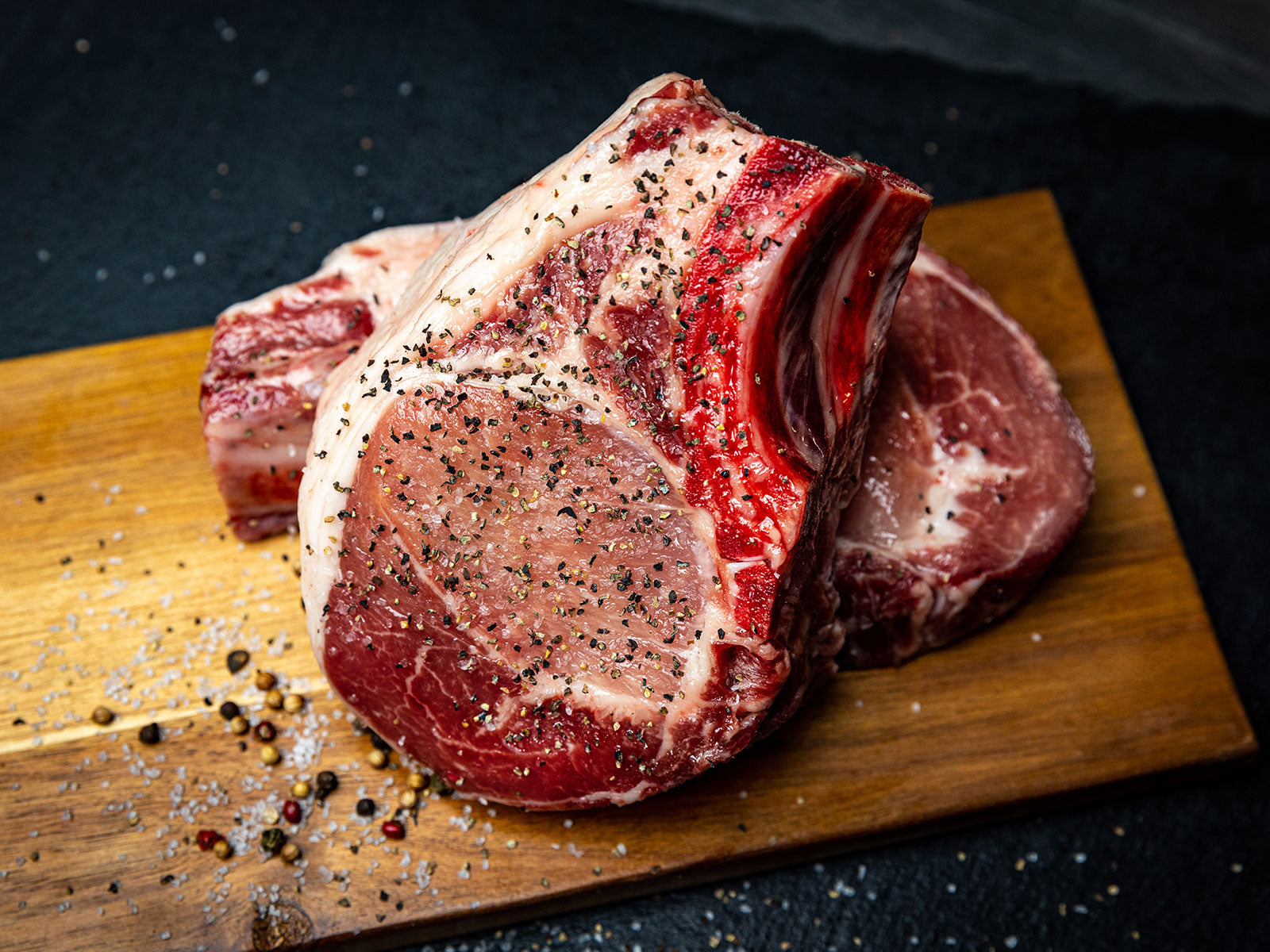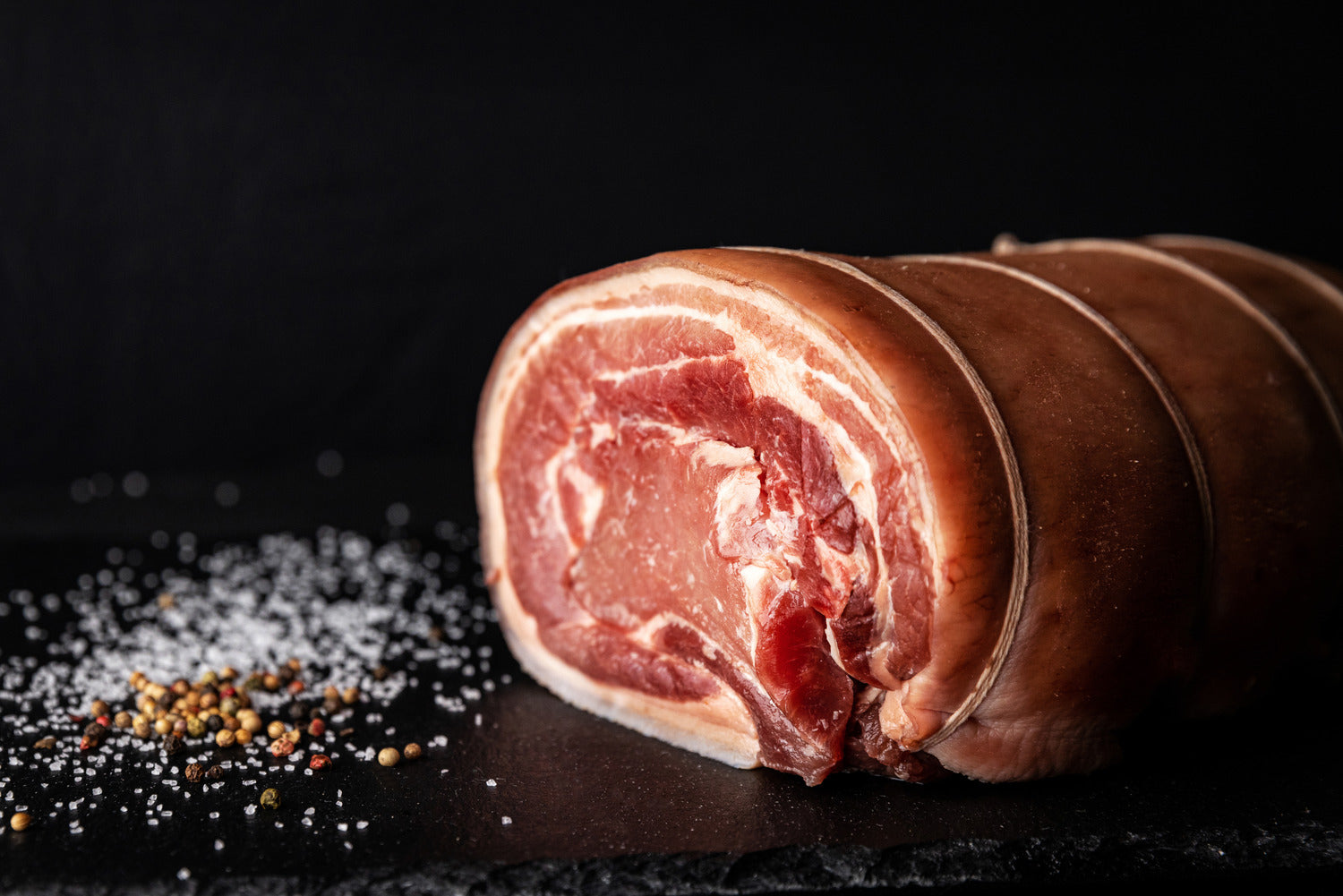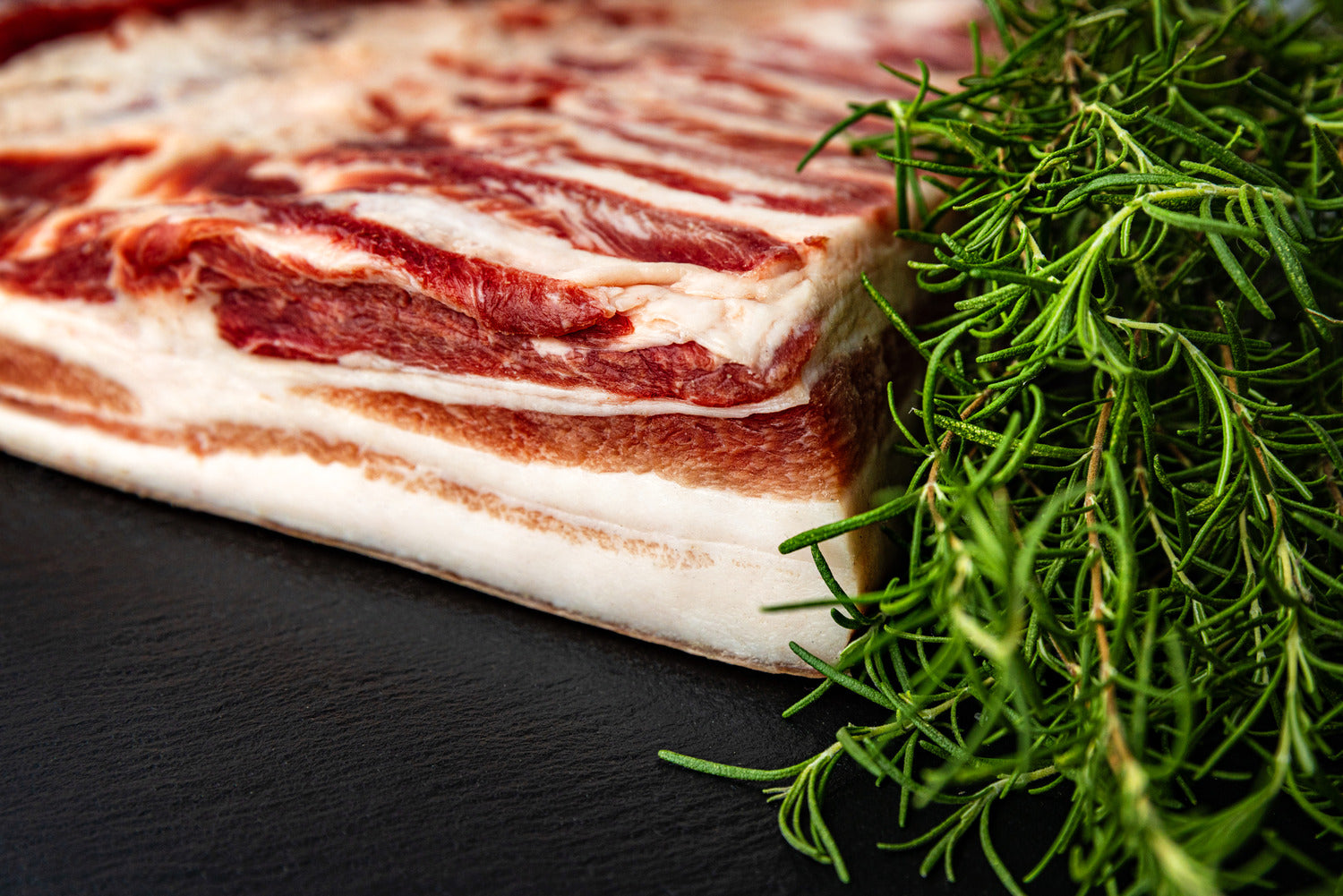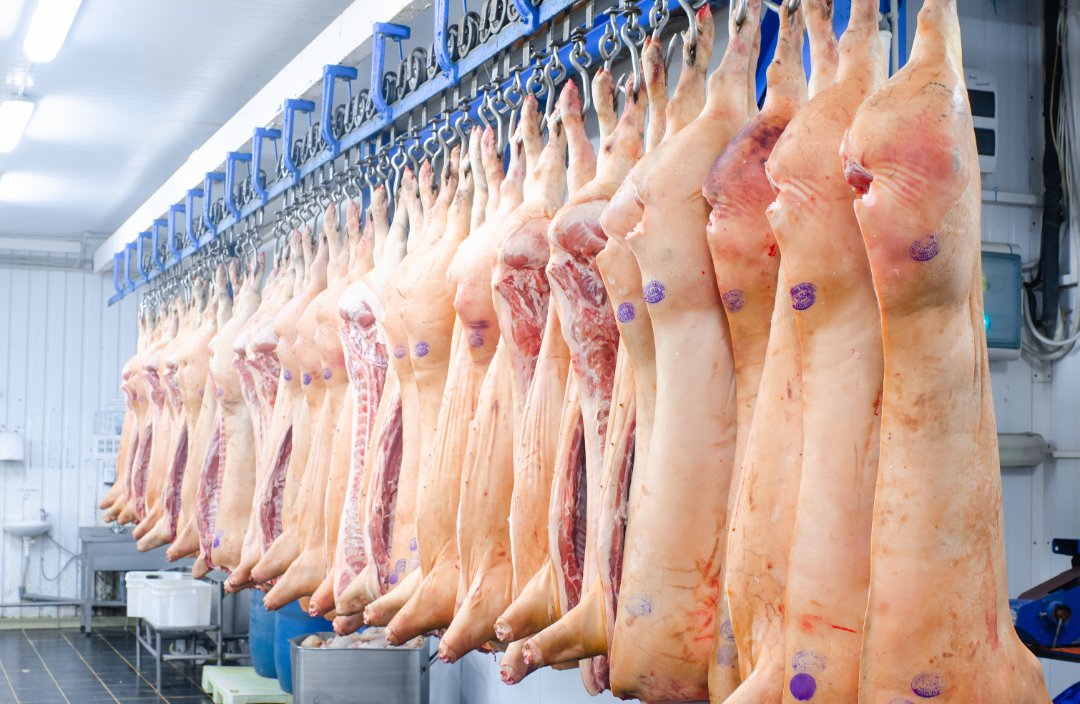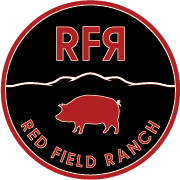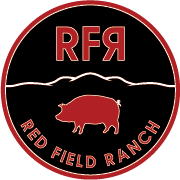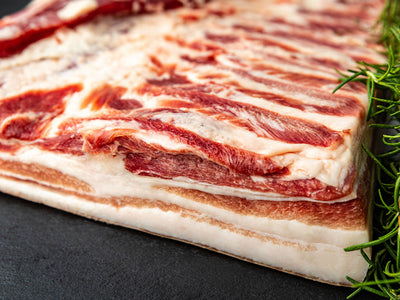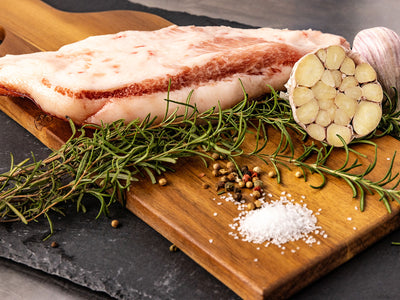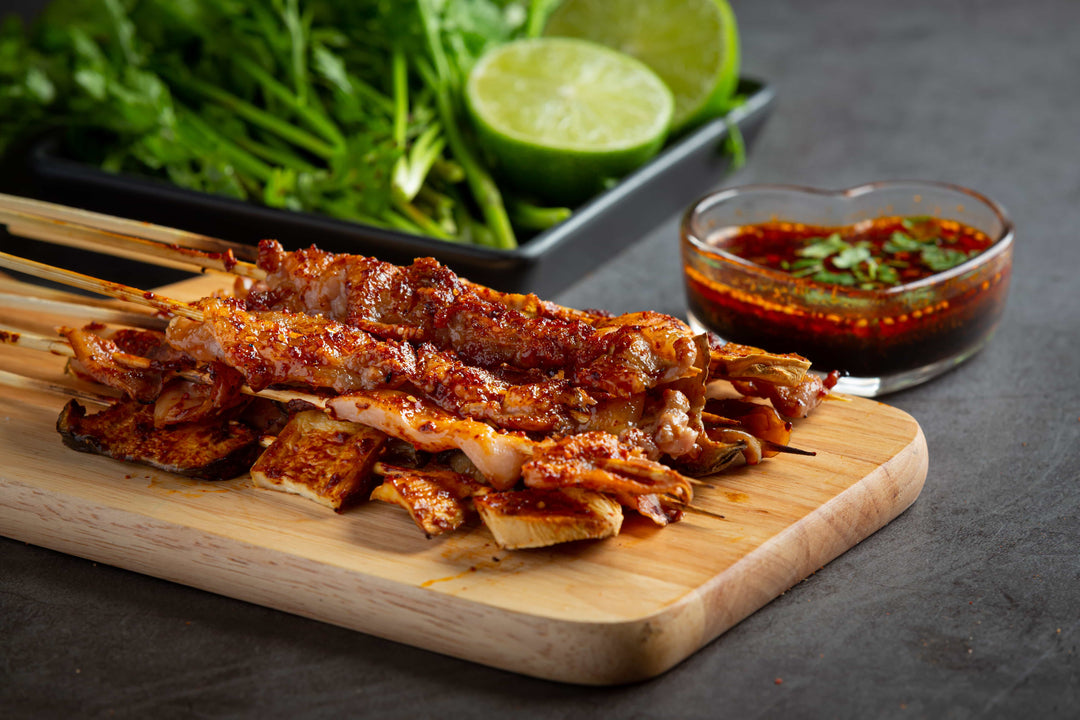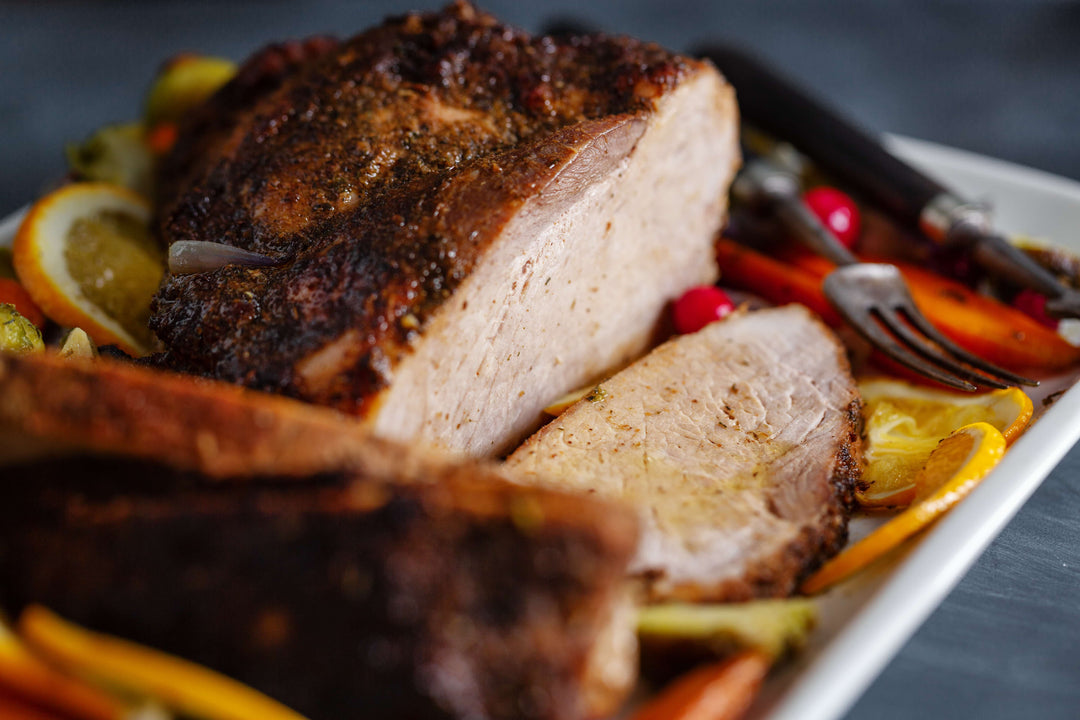Pork is a versatile and widely loved meat that often sparks curiosity about its health benefits. It’s a staple in many diets worldwide, from bacon to pork chops. But what makes pork such a popular choice, and how does it fit into a balanced diet?
This guide explores pork nutrition, including pork calories and the essential nutrients it provides. Whether you’re a pork lover or just curious about the nutrition facts about pork, you’ll gain valuable insights into how pork can be a nutritious addition to your meals.
What is Pork?
Pork is meat derived from pigs and is one of the most consumed meats globally. It’s known for its tenderness and ability to adapt to various flavors and cooking methods.
From Chinese stir-fries and American BBQ to European sausages, pork is featured in cuisines worldwide. Its popularity lies in its versatility, making it a favorite for home cooks and chefs.
Pork nutrition is an excellent source of protein and essential vitamins and minerals. With the right preparation, pork can be both a flavorful and healthy option, providing the energy and nutrients needed for a balanced diet.
Pork Nutrition Facts: What’s Inside Every Cut?
Pork is delicious and packed with essential nutrients that benefit overall health. Here’s a breakdown of its key nutritional components:
- Protein: Pork is a rich source of high-quality protein, which is vital for muscle growth, repair, and overall body function.
- Fats: It contains a mix of healthy fats, including saturated and monounsaturated fats, which provide energy and support cell health. Lean cuts like pork tenderloin have less fat, making them ideal for those watching their intake.
- Vitamins: Pork contains B vitamins, including B1 (thiamine), B6, and B12. These vitamins are crucial for energy production, brain health, and red blood cell formation.
- Minerals: Essential minerals like zinc and iron are abundant in pork. Zinc strengthens the immune system, while iron supports oxygen transport in the blood.
The most nutritious cuts include pork tenderloin, pork loin chops, and pork sirloin roast, which are leaner and lower in fat. These cuts are perfect for building muscle, maintaining energy, and boosting immunity, making pork a versatile addition to a balanced diet.
Calories in Pork: Understanding the Caloric Content
Pork calories vary depending on the cut. Leaner options like pork tenderloin contain about 120–140 calories per 3-ounce serving, while fattier cuts like pork belly or ribs can range from 200–300 calories for the same portion.
For those mindful of calorie intake, lean cuts such as pork loin or chops are excellent choices. Pair them with vegetables and whole grains for a nutrient-rich, balanced meal. Enjoy fattier cuts in moderation to indulge in flavor without overloading with calories.
Health Benefits of Pork: More Than Just Protein
Pork provides a wealth of health benefits beyond its delicious taste. Here’s why it’s more than just a protein source:
High-Quality Protein
- Pork comprises complete proteins essential for muscle growth and tissue repair.
- The high protein content provides sustained energy and helps maintain a healthy metabolism.
Supports Immune Function
- Rich in zinc, pork helps strengthen the immune system and promotes faster healing.
- It contains iron, which is crucial for producing healthy red blood cells and improving oxygen flow throughout the body.
Essential Vitamins
- Pork is loaded with B vitamins (B6 and B12), which support brain health, nerve function, and energy production.
- B vitamins also aid in reducing fatigue and promoting overall wellness.
Nutritional Differences in Farming
- Pork from sustainable, pasture-raised farms typically contains healthier fats, like omega-3 fatty acids.
- Hormone-free, antibiotic-free pork ensures cleaner, more natural meat that’s better for you and the environment.
The Role of Pork in a Balanced Diet
Pork is versatile and fits seamlessly into a balanced meal plan when consumed thoughtfully. Here’s how:
Portion Sizes
- Stick to a serving size of 3 ounces for lean cuts like pork tenderloin or loin chops.
- Proper portions provide essential nutrients without excess calories or fat.
Pairing with Nutrient-Rich Foods
- Combine pork with leafy greens like spinach or broccoli for added fiber, vitamins, and minerals.
- For a balanced, hearty meal, include whole grains, such as quinoa or brown rice.
Enjoying in Moderation
- Lean cuts offer protein, B vitamins, and iron with fewer calories, making them a staple for health-conscious meals.
- Fattier cuts, like pork belly, can be savored occasionally for their rich flavor.
Choosing Quality Pork
- Opt for hormone-free, antibiotic-free pork to avoid unwanted chemicals.
- Sustainably raised pork supports better farming practices and ensures higher-quality meat for your table.
Pork for Special Diets: Is It a Good Fit?
Pork nutrition makes it a versatile protein option that fits many dietary plans. For those following keto or paleo diets, pork’s high protein and healthy fat content align perfectly, especially cuts like pork belly or pork chops. In a balanced diet, lean cuts such as pork tenderloin provide essential nutrients with fewer calories and less fat, making them ideal for health-conscious meals.
Lean pork offers a low-fat protein source for individuals with specific health needs, while unsalted options can help manage sodium intake. Pork's flexibility makes it a fantastic choice for diverse diets and nutritional goals.
Why Choosing High-Quality Pork Matters
Sourcing high-quality pork is essential for maximizing its nutritional benefits. Farms focusing on sustainability and humane practices provide pork free from hormones and antibiotics, enhancing its health benefits.
Pasture-raised pork often has a better nutritional profile, including higher omega-3 fatty acids and healthier fats. Choosing premium pork ensures cleaner, more nutritious meat while supporting environmentally friendly farming. For anyone mindful of pork calories and quality, selecting responsibly raised pork is a smart choice that benefits your health and the planet.
ConclusionPork is a nutrient-rich meat that offers high-quality protein, essential B vitamins, iron, and zinc, making it a valuable addition to any diet. Its versatility and nutritional benefits support muscle growth, immune function, and overall health.
For the best health benefits, choose high-quality, sustainably raised pork. This offers superior nutrition and is free from harmful additives. Sourcing from trusted providers ensures both flavor and ethical farming practices.
Explore the exceptional pork products from Red Field Ranch, where sustainable farming meets superior quality. Our pasture-raised pork is a nutritious and responsible choice for your next meal.
Frequently Asked QuestionsQ) What are the nutritional facts about pork?
Pork is protein-rich and contains essential nutrients like zinc, iron, and B vitamins (B6 and B12). It also has varying amounts of fat, depending on the cut. Lean cuts like tenderloin are lower in fat, while fattier cuts like pork belly contain more calories.
Q) How many calories are in a serving of pork?
The calorie count depends on the cut and preparation. A 3-ounce pork tenderloin has about 120 calories, while pork belly or ribs can range from 200 to 300 calories per serving.
Q) Is pork a healthy source of protein?
Yes, pork is a great source of high-quality protein. Lean cuts provide a nutrient-dense option for muscle repair and overall health while fitting into balanced diets.
Q) How does pasture-raised pork differ in nutrition?
Pasture-raised pork typically has higher omega-3 fatty acids and fewer unhealthy fats. It is also free from hormones and antibiotics, offering a cleaner and healthier option than conventionally raised pork.
Q) Where can I purchase quality pork?
Red Field Ranch offers premium, sustainably raised pork. Its commitment to ethical farming and top-quality meat ensures a healthier, tastier choice for your meals.
